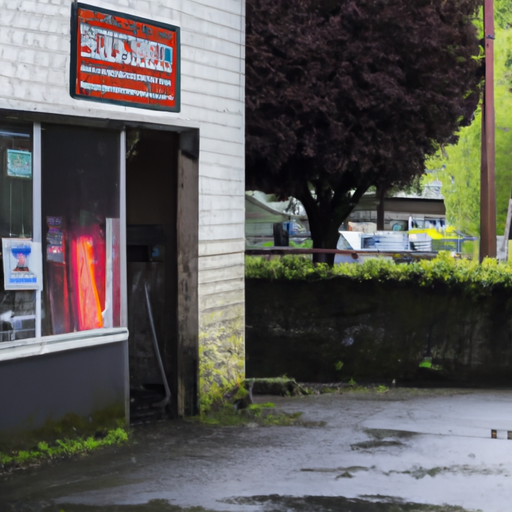Amidst the Opioid Crisis, British Columbia’s Case Takes a Turn
Hello everyone! Today, I have some major updates on the ongoing opioid crisis in Canada. As you probably know, the opioid crisis has been a persistent issue in Canada, functioning like a shadow pandemic. Today, I’d like to focus on a recent development in British Columbia (BC).
The tides seem to be turning in BC as a class-action lawsuit has been certified against pharmaceutical companies that are believed to have contributed to the devastating opioid crisis in the province. If you need a detailed insight, you can check out this very informative CBC article.
An Unprecedented Legal Battle
This lawsuit is one of its kind with unprecedented implications. It aimed at holding major pharmaceutical companies accountable for their apparent role in the opioid crisis. BC claims that these companies were knowingly misleading people about the risks associated with opioid use, contributing to the current crisis.
The Effects of the Opioid Crisis
Let’s delve into the details of the effects of the opioid crisis:
- Overwhelming Public Health: The opioid crisis has significantly overwhelmed the public health system. The widespread use of opioids, both medicinal and recreational, has contributed to a public health emergency that is proving tough to control.
- Increased Crime Rates: As opioid addiction increases, so does crime. The correlation between high opioid use and high crime rates is notable, particularly in communities most devastated by the crisis.
- Impact on Homeless: This dreadful crisis has a considerable impact on homeless people as many of them turn to substance use to cope with their circumstances.
- Economic Costs: The economic costs involved in tackling this crisis have been escalating over the years, burdening both the government and the taxpayers.
- Unprecedented Death Rate: In the worst-case scenario, opioid abuse has led to an unprecedented increase in overdose-related deaths.
Addressing the Crisis – The Increasing Role of Naloxone
Amidst this grim situation, BC has been implementing various efforts to control the situation. The use of naloxone, a medicine that can reverse the effects of an opioid overdose, is being increased. Although it’s not a definitive solution, it’s certainly helping to save lives on the ground.
However, the class-action lawsuit can be a game-changer. It holds the potential to play a significant role in redefining how opioid-related cases are handled in the country’s legal system.
Setting a Precedent For Others in Similar Situations
If this class-action lawsuit proves to be successful, it would set a strong precedent for other provinces and territories in Canada dealing with similar situations. This is perhaps the most crucial aspect of this case. The potential winnings from the lawsuit could be given back to affected communities to help combat the crisis.
Closing this post, I would like to say that the opioid crisis is a tragic example of a public health emergency that slipped through our fingers. The situation in BC shows that, not only do we have to prevent such emergencies from occurring in the first place, but also hold accountable those who knowingly or unknowingly contribute to such crises.
Regardless of the outcome of the opioid class-action lawsuit, one thing is clear. We need a multi-pronged approach to effectively combat the opioid crisis. We need strong legal tools, coupled with robust public health measures and compassionate care towards people battling addiction.
On that note, keep up with current affairs, and let knowledge guide you. Until next time, take care!


